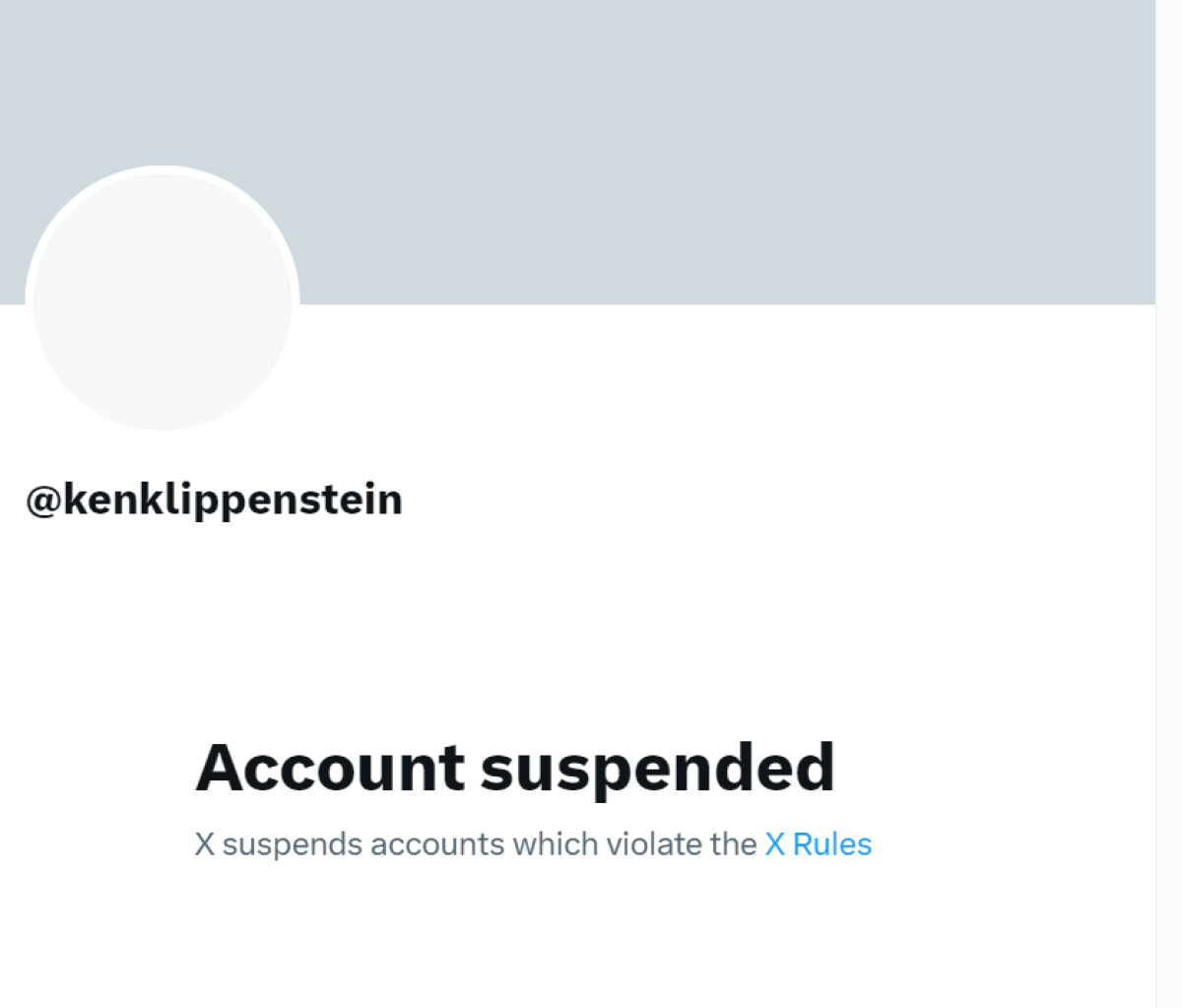Kenn Klippenstein’s X account (formerly Twitter) was suspended on Thursday, just hours after he released a controversial dossier regarding Senator JD Vance. The document is reportedly linked to a hack attributed to the Iranian government.
Klippenstein, previously a reporter for Intercept, shared the dossier on his substack before his suspension. At the time of writing, it remains accessible online.

“I chose to publish the dossier because it’s highly relevant during this election season,” Klippenstein stated. He mentioned that the 271-page document was created by the Trump campaign to assess Vance, the current vice presidential candidate. He asserted that the dossier’s content is publicly verifiable.

The dossier provides detailed insights into Vance’s personal life, campaign finances, and his voting history. It claims that Vance played a significant role in obstructing U.S. support for Ukraine and criticized experts regarding the Black Lives Matter protests while opposing anti-lockdown demonstrations.
Furthermore, it mentions Vance’s previous skepticism about a Southern border wall and his stance against Trump’s Muslim ban, as well as information about his wife, Usha, who served as a clerk for Justice Kavanaugh.
This situation arises on the heels of allegations from the FBI about Iran’s interference, which purportedly included plotting against Trump. Iranian authorities have denied these claims as unfounded.
Documents recently brought to light by the Office of the Director of National Intelligence, FBI, and Cybersecurity and Infrastructure Security Agency indicated that Iran’s activity is increasingly aggressive during the current election cycle, including attempts to influence public opinion and campaigns.
Senator Lindsey Graham expressed concern about Iran’s actions, urging the country to “pay a price” for its alleged attempts to disrupt the upcoming presidential election.
Klippenstein noted that the intelligence community has yet to confirm whether the dossier is linked to the purportedly stolen campaign materials. The documents were provided by a source named “Robert,” who suggested that his motives in leaking them were irrelevant, simply wanting to “shed light into the dark room.”